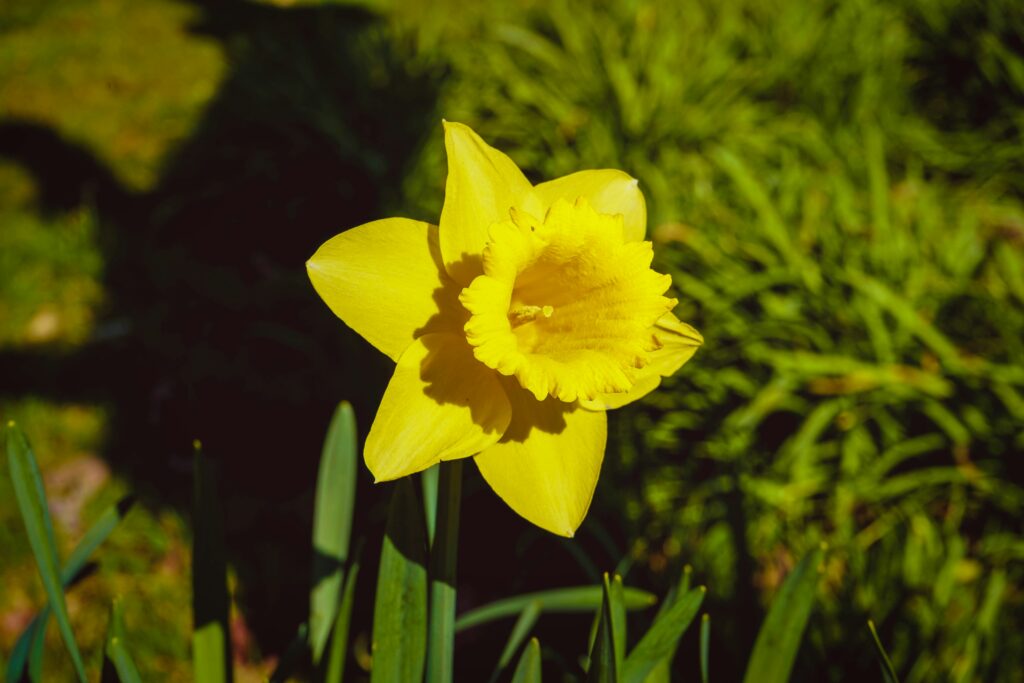While there’s more media to consume than ever before, content about Wales has reduced sharply – the IWA’s new Media Audit finds. Lee Waters discusses the report.
It may not withstand scientific scrutiny but the anecdote of the frog placed in boiling water could well be a metaphor for the media in Wales. The frog dropped into hot water will immediately jump to save its life, but the frog placed in cold water, which is being gradually heated, will not react as it is slowly boiled to death.
The data presented in the IWA’s new Media Audit will leave you reaching for the thermometer.
In 2008 we published a survey of the Welsh media landscape, over the last six months the IWA’s Media Policy Group has carried out a fresh assessment. The IWA Media Audit draws on questionnaires submitted to broadcasters and an examination of annual reports and a range of available data to make an assessment about the state of press, online and broadcast media in Wales.
We’ll be publishing the final version of the Audit at the Cardiff Media Summit on November 11th but we are publishing it on this site in draft form over the coming days to allow people to leave comments and make suggestions over the next 10 days as we complete the report. There is a wealth of information covering the different aspects of the media in Wales and to ensure each gets attention we’ll be publishing the draft Media Audit in sections, beginning tomorrow with the state of television in Wales, radio on Wednesday, internet and broadband on Thursday, and Press, Online and Interactive Media on Friday. Next week we’ll be publishing our draft recommendations for what action needs to be taken to address the issues we identify, and we’re inviting a range of commentators to post their responses to the data and analysis over the coming weeks too.
The chief finding is that there is more media to consume than ever before, but content about Wales has reduced sharply. At a time when Wales as a democratic entity has never been more clearly defined, the sources of information for debate and scrutiny about our Government, culture and identity are drying up. This presents a major challenge to our society and democracy, and deserves to be taken seriously.
By publishing this Media Audit – from our own resources and relying on the goodwill of volunteers – we want to draw attention to the problem and generate a debate about solutions.
Seven years ago it was already clear that the media landscape in Wales was significantly sparser than in either Scotland or Northern Ireland. The 2008 Audit concluded: “Of the three, Wales has the weakest print environment, the weakest commercial radio sector, is the only country where none of its commercial radio stations is indigenously owned, is the only one of the three whose ITV franchise holder was absorbed into ITV plc, and the country where the BBC is most dominant in both radio and television”.
While the availability of digital communications has, for the most part, significantly improved, the position regarding content for audiences in Wales is considerably worse.
The total spend by BBC and ITV on English language television output for Wales has declined consistently. The amount of money spent by the BBC on programmes for Wales in English has fallen by 25% in the last decade, as has the number of hours of television it produces.
S4C suffered a 24% cut in its central funding and ITV Wales now only produces 90 minutes of English language television a week on top of its news output – in sharp contrast to the independently-owned ITV service in Scotland (STV) which has actually increased its output.
There’s not only less broadcasting about Wales available for people in Wales, but, inevitably, the range is also much narrower. Genres such as light entertainment, the arts and drama are minimally represented or, in some years, not at all.
The decline in the press meanwhile has been dramatic, circulation of the Western Mail has fallen by 53% since the last IWA Media Audit in 2008. It now officially sells just 17,815 copies a day, fewer than the South Wales Echo (18,408 – a 60% drop), the Daily Post (24,485 – a 33% drop), and the Evening Post (27,589 – a 46% drop). Moreover, the number of journalists employed has fallen from almost 700 in 1999 to just 108 in 2013 [Update – this figure refers to south Wales].
Whilst online journalism is growing, and patches of ‘hyperlocal’ reporting give some grounds for optimism, we are clearly in the interregnum between a dying form of journalism and a new one not yet born.
The IWA’s Media Audit sets this out in searing detail and deserves to be engaged with by all of us who wish to see a more vibrant Wales.
We hope that by publishing the Media Audit in draft online first we will enable any wrinkles to be ironed out, and our analysis to be challenged.





Comments are closed.